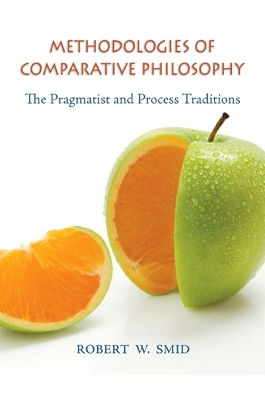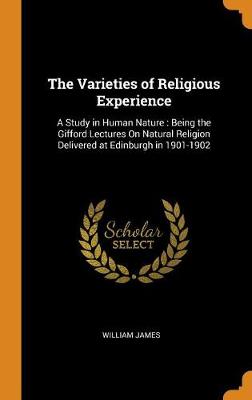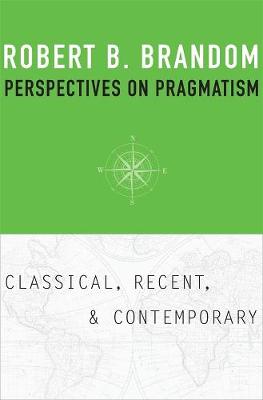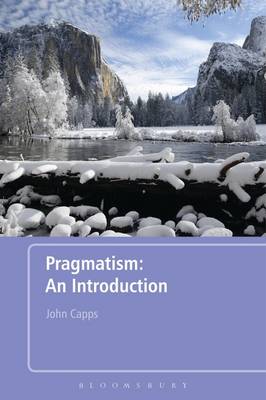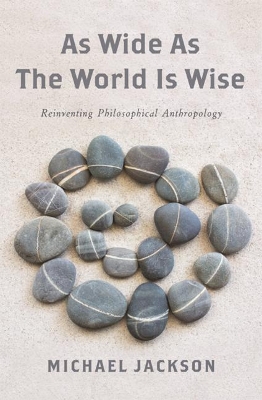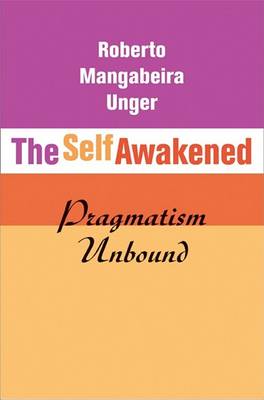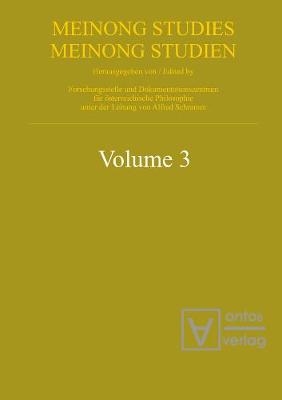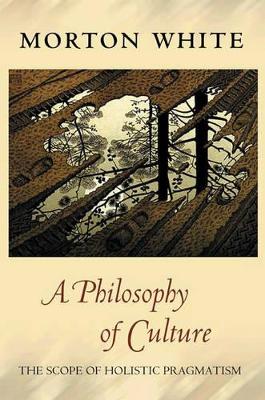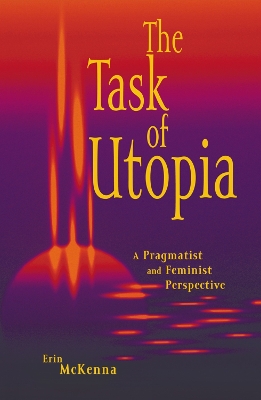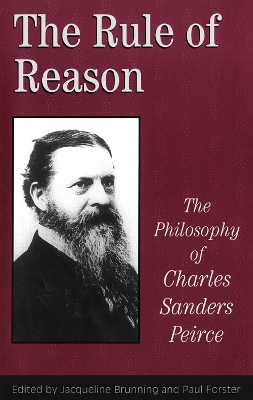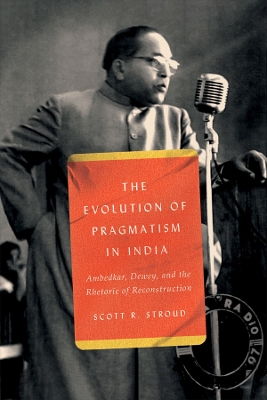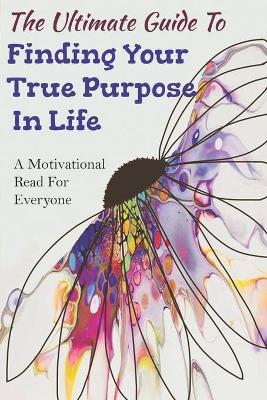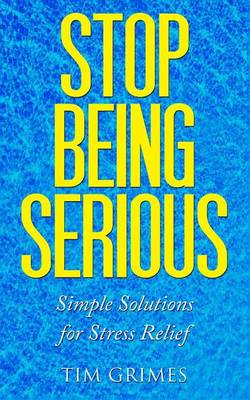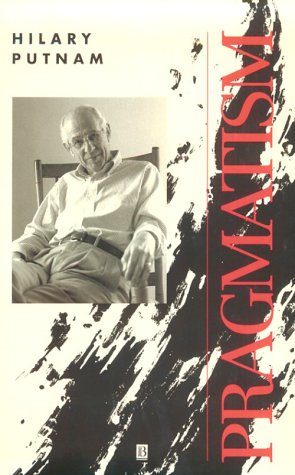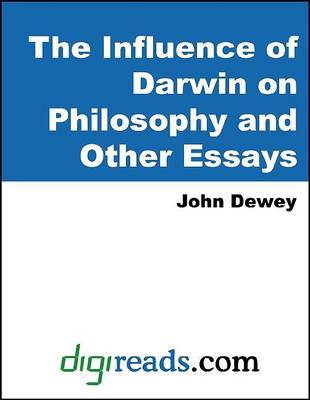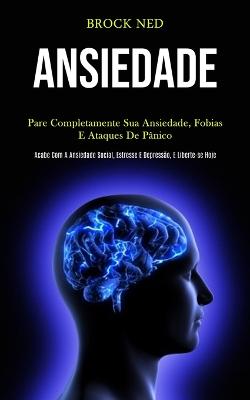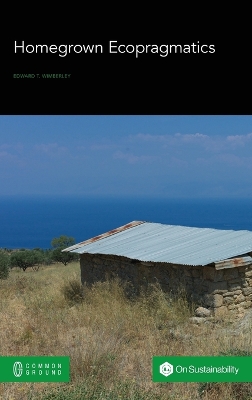Methodologies of Comparative Philosophy (SUNY series in Chinese Philosophy and Culture)
by Robert W. Smid
The Varieties of Religious Experience (The Fontana library [of] theology & philosophy: [Gifford lectures]) (Modern Library)
by William James
Standing at the crossroads of psychology and religion, this catalyzing work applied the scientific method to a field abounding in abstract theory. William James believed that individual religious experiences, rather than the precepts of organized religions, were the backbone of the world's religious life. His discussions of conversion, repentance, mysticism and saintliness, and his observations on actual, personal religious experiences - all support this thesis. In his introduction, Martin E. Ma...
Pragmatism has been reinvented in every generation since its beginnings in the late nineteenth century. This book, by one of today's most distinguished contemporary heirs of pragmatist philosophy, rereads cardinal figures in that tradition, distilling from their insights a way forward from where we are now.Perspectives on Pragmatism opens with a new accounting of what is living and what is dead in the first three generations of classical American pragmatists, represented by Charles Sanders Peirc...
This is the definitive companion to the study of pragmatism. It provides students with an accessible, comprehensive and philosophical rigorous introduction to all the major thinkers, issues and debates. Ideal for use on undergraduate courses, but also of lasting value for postgraduate students, the structure and content of this textbook closely reflect the way pragmatism is studied and taught. Clearly structured and easy to navigate, the text provides a historical overview of the subject, placin...
Philosophy and anthropology have long debated questions of difference: rationality versus irrationality, abstraction versus concreteness, modern versus premodern. What if these disciplines instead focused on the commonalities of human experience? Would this effort bring philosophers and anthropologists closer together? Would it lead to greater insights across historical and cultural divides? In As Wide as the World Is Wise, Michael Jackson encourages philosophers and anthropologists to mine the...
In what kind of world and for what kind of thought is time real, history open, and novelty possible? In what kind of world and for what kind of thought does it make sense for a human being to look for trouble rather than to stay out of trouble? In this long-awaited work of general philosophy, Roberto Mangabeira Unger proposes a radical reorientation of established ideas about nature, mind, society, politics and religion. He shows how we have to change our beliefs if we are to succeed in doing ju...
What can systematic philosophy contribute to come from conflict between cultures to a substantial dialogue? - This question was the general theme of the 29th international symposium of the Austrian Ludwig Wittgenstein Society in Kirchberg. Worldwide leading philosophers accepted the invitation to come to the conference, whose results are published in this volume, edited by Christian Kanzian Edmund Runggaldier. The sections are dedicated to the philosophy of Wittgenstein, Logics and Philosophy of...
The series presents historical and systematic studies on the philosophy of Alexius Meinong and his school, as well as on works influenced by aspects of Meinong's philosophy. Furthermore, the series is open to contributions in the analytic-phenomenological tradition, mirroring the most recent developments in these disciplines.
In this book, one of America's leading philosophers offers a sweeping reconsideration of the philosophy of culture in the twentieth century. Morton White argues that the discipline is much more important than is often recognized, and that his version of holistic pragmatism can accommodate its breadth. Going beyond Quine's dictum that philosophy of science is philosophy enough, White suggests that it should contain the word "culture" in place of "science." He defends the holistic view that scient...
At their best, both American pragmatism and utopianism are about hope. Both encourage people to think about the future as a guide to understanding the past and forming the present. Just as pragmatism has often been misunderstood as valueless instrumentalism, utopianism has been limited to dreams of a static perfect world. In this book, Erin McKenna argues that utopian vision informed by pragmatism results in a process model of utopia that can help form the future based on critical intelligence....
The Rule of Reason (Toronto Studies in Philosophy)
Charles Sanders Peirce (1839-1914), the founder of Pragmatism, was an American philosopher, logician, physicist, and mathematician. Since the publication of his collected papers in 1931, interest in Peirce has grown dramatically. His work has found audiences in such disciplines as philosophy, computer science, logic, film studies, semiotics, and literary criticism. While Peirce scholarship has advanced considerably since its earliest days, many controversies of interpretation persist, and sev...
The story of how the Indian reformer Bhimrao Ambedkar reimagined John Dewey's pragmatism. In The Evolution of Pragmatism in India, Scott R. Stroud delivers a comprehensive exploration of the influence of John Dewey's pragmatism on Bhimrao Ambedkar, architect of the Republic of India's constitution. Stroud traces Ambedkar's development in Dewey's Columbia University classes in 1913-1916 through his final years in 1950s India when he rewrote the story of Buddhism. Stroud examines pragmatism's...
The Ultimate Guide To Finding Your True Purpose In Life
by Brandy Saltarelli
In this book a philosopher who has been at the centre of contemporary debates about the nature of the mind and of its access to the world, about language and its relation to reality, and many other metaphysical and epistemological issues turns to Pragmatism - and confronts the teaching of James, Peirce, Dewey and Wittgenstein, not solely out of an interest in theoretical questions, but above all to respond to the question whether it is possible to find an alternative to corrosive moral scepticis...
Action in Context
The book illustrates the concept of action in three different contexts - the justification of actions, people's life history, and pragmatism. The special feature of this book is that a comprehensive view of this kind marks a departure from the atomistic approach of action theory, which in itself raises a number of questions. If actions are not justified by mental states, how can persons then act for reasons? How can persons' actions over time be described, and what is the connection with the que...
The Influence of Darwin on Philosophy and Other Essays
by John Dewey
Preeminent American philosopher and educator John Dewey (1859-1952) rejected Hegelian idealism for the pragmatism of William James. In this collection of informal, highly readable essays, originally published between 1897 and 1909, Dewey articulates his now classic philosophical concepts of knowledge and truth and the nature of reality. Here Dewey introduces his scientific method and uses critical intelligence to reject the traditional ways of viewing philosophical discourse. Knowledge cannot b...
Pragmatism is a widely misunderstood philosophical movement, with its central theses the subject of distortions. Perhaps the most serious of them is the widely held view that pragmatism is somehow antithetical to contemporary systematic philosophy, that it offers an alternative to what is labeled "analytic philosophy." In Some Pragmatist Themes, Dr. D. S. Clarke corrects this misunderstanding by demonstrating that certain general topics of controversy in recent American philosophy are derived fr...
